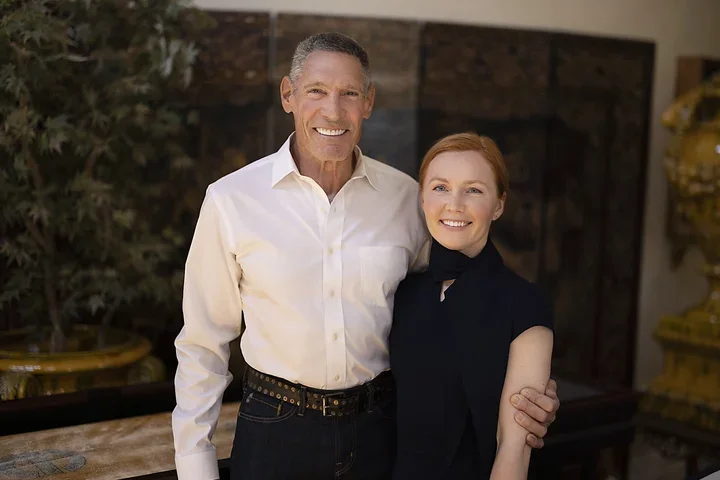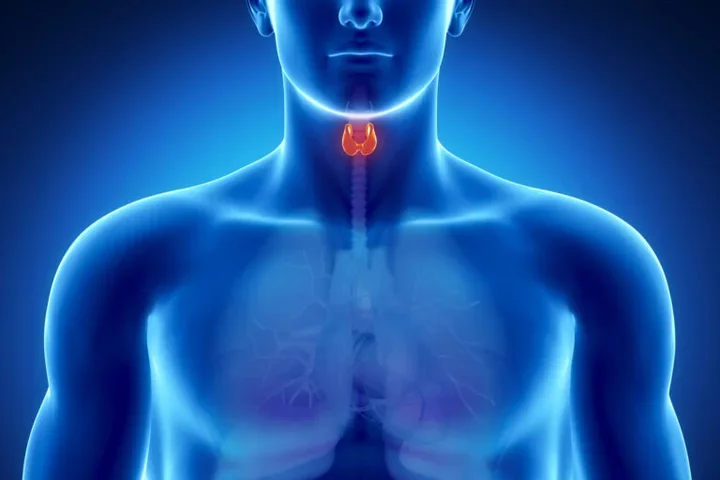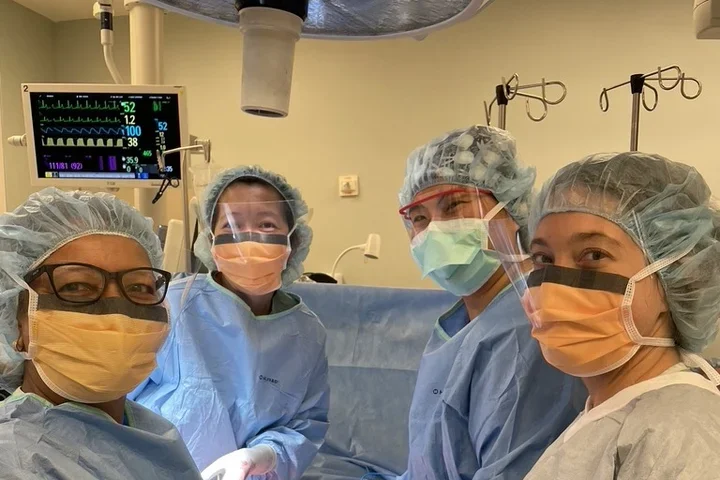First Generation Medical Student Balances Education and Family
How to Succeed in Medical School
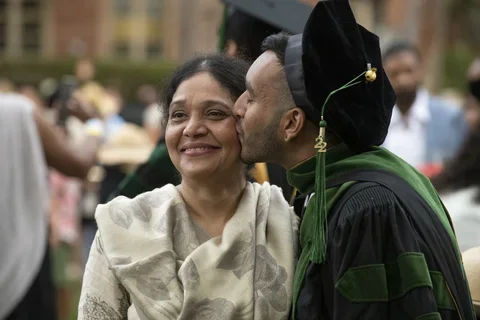
From Baldwin Park to the UCLA PRIME Medical School Program
The long road toward a medical career can seem even longer for students who are the first in their families to pursue higher education.
Edgar Corona, David Geffen School of Medicine at UCLA class of 2019, grew up in Baldwin Park, California. He is the youngest of six children in a close-knit working-class family. "As a low-income Latino community, Baldwin Park is vibrant and a great place to grow up," he says. "But it has a lot of challenges: food deserts, widespread childhood obesity and a school system that is put on lockdown fairly often."
Making the Most of Opportunities
Edgar counts himself lucky to have attended a high school focused on student retention and rigorous academics. At home, he received enthusiastic support, but not specific guidance.
Monolingual Mexican immigrants, Edgar’s parents didn't go to college. "My parents were all about me getting a good education, but they didn't know what that really meant," Edgar says. "I found out about many opportunities from my peers in school."
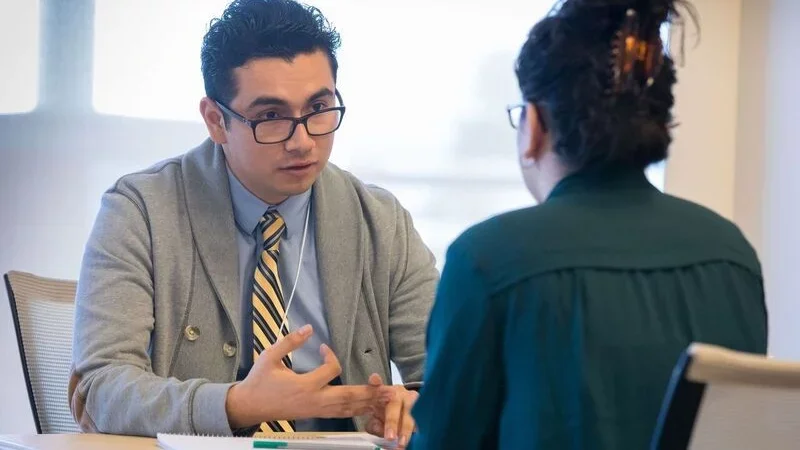
Edgar’s peers offered college guidance, too. "I heard about applying to four University of California campuses on a fee waiver, so I did. I got in at all four, but I had no idea what I was doing," he admits. "I thought my undergraduate major could be medicine and I would graduate from college as a doctor. I had no idea what the MCAT was."
Bridging Two Worlds
Edgar realized college life would require some adjustment. "As first-generation college students, we have to learn everything so much quicker than students who are already familiar with the idea of being [in] college," Edgar says. "Westwood is about 35 miles and a world apart in demographics and affluence. I felt like I was constantly torn between home and UCLA."
Caught between his two homes, Edgar decided to bring his parents into his life at UCLA. "My parents are always supportive; they just didn't understand the campus experience," he says. "One day, I took my mom to one of my lecture halls after class. It was just the two of us sitting in this big hall, but it helped her see what my life was like."
Once Edgar realized he could be in college and still feel connected to his parents, undergraduate life went well; he majored in biochemistry and minored in Chicano studies. "I looked for experiences I could relate to and found Chicanos/Latinos for Community Medicine, which focuses on the underserved," he says. "I started meeting providers who are what I want to be: a culturally sensitive, linguistically competent physician."
Moving on to Medical School
When it came time to apply to medical school, Edgar’s proud parents were more involved with the process than they had been for his undergraduate applications.
Edgar was accepted to the David Geffen School of Medicine at UCLA and also chosen for the UCLA PRIME Medical School Program. This five-year dual degree program includes a master's degree and focuses on medical professions related to healthcare delivery, research and policy in underserved communities like Edgar’s hometown.
